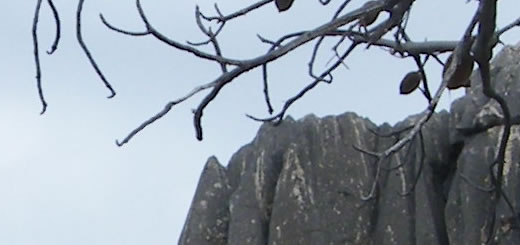
What should I know about working in a remote community?
We could expand on this one forever, but for now, these are the most common questions we’re asked about day-to-day life on remote communities.
If you’ve got some other questions we haven’t addressed here, you can contact us.
There’s no straight answer here! Communities have varyious arrangements for accommodation, including houses, units and transportables (Dongas) Rent is sometimes free, or may be nominal. Generally, most rents include power, water etc.
Some communities provide a rental subsidy, whilst others may also issue allowances for telephone, air-conditioning etc. All accommodation includes basic furniture and household items.
Internet speeds vary by location. Many communities now have mobile telephone services.
More than likely. Some communities have no problem with this but it’s something you should discuss with the employer when making first contact.
No, however consider the privilege of the opportunity on offer. Would you learn another language if you went to work in another country where English is maybe the second, third, or even fourth language? Local people will always help you to learn their languages, and there are great resources and courses offered through various agencies.
Yes, of course! However some communities require that your visitors obtain a relevant permit before they enter the community or it’s surrounding lands. It’s also a courtesy to speak with a community representative regarding this.
Most “dry” communities are designated as such by law. Breaches of guidelines relating to the consumption and possession of alcohol are punishable by law. You should ask about these conditions when communicating with the employer. Not all communities are “dry”.
Most communities have a store (or one at a neighbouring community) but prices can be somewhat expensive. You can usually set up a “bush order” account with a major supermarket in the nearest regional centre, and delivery can be arranged in a variety of ways – friends and co-workers come in handy!
It all depends on the location, but generally communities rely on bore water for their supply. Whether it’s palatable is entirely subjective, but it’s usually safe to drink (and is monitored by an appointed individual or agency).
Most communities have a clinic. However, small locations may only have visiting medical staff.

